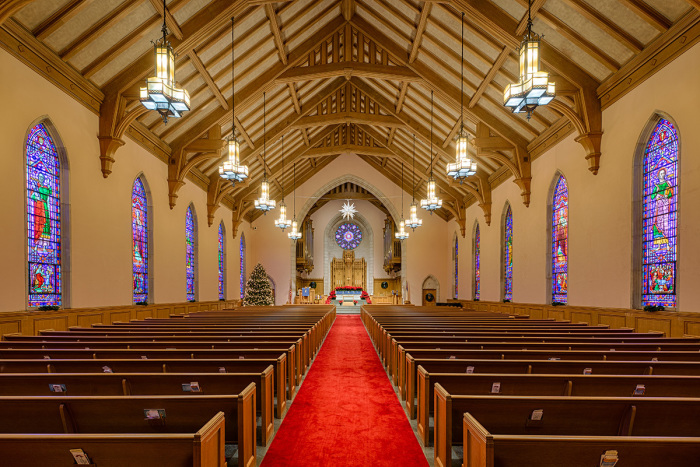
A judge has ruled that a city in California cannot stop a church from holding worship services at a property solely because it’s located in a specific neighborhood.
United States District Judge John W. Holcomb for the Central District of California issued a preliminary injunction on Monday on behalf of Anchor Stone Church in its lawsuit against the city of Santa Ana.
At issue was a zoning ordinance that prohibited houses of worship from operating in a “professional district” without getting a specific conditional use permit, with local officials refusing to approve the permit when the church applied.
Holcomb granted the injunction because he believed that Anchor Stone was “likely to succeed” on its claims that the city had violated the federal Religious Land Use and Institutionalized Persons Act of 2000, as well as the First Amendment.
“In short, it appears unlikely that the City will meet its burden to establish that the Zoning Ordinance treats religious assembly on equal terms with similarly situated nonreligious assembly uses,” wrote Holcomb.
“The Court concludes that, based upon the totality of the circumstances, Anchor Stone has met its burden to show that the City’s denial of its CUP application substantially burdened Anchor Stone’s religious exercise.”
The First Liberty Institute, a law firm that, along with O’Melveny & Myers, is helping to represent the church, released a statement on Tuesday celebrating the injunction.
“The judge made it clear that the city severely burdened Anchor Stone’s ability to engage in religious exercise,” said FLI Senior Counsel Jeremy Dys, as quoted in the statement.
“We applaud today’s ruling that requires the city to follow federal law and treat religious land uses the same as any other.”
A congregation primarily made up of people of Chinese and Taiwanese descent, Anchor Stone purchased its Santa Ana property in 2022 and, the following year, applied to renovate it to turn it into a worship space.
However, city officials rejected the church’s permit application, with the Planning Commission claiming that the church would “adversely affect the general plan of the city or any specific plan applicable to the area of the proposed use.”
According to court documents, the commission claimed that Anchor Stone’s presence in that part of the city “will generate noise, traffic and queuing, solid waste generation and circulation” issues, as well as “introduce assembly uses with youth services in close proximity to existing industrial uses in the area,” which was considered contrary to their “general plan.”
In February, the church sued Santa Ana over the rejection, with the U.S. Department of Justice filing a statement of interest last month in support of the congregation.
“Zoning practices that unfairly limit assemblies by faith-based groups violate federal law,” said Acting U.S. Attorney Joseph McNally for the Central District of California in a statement issued in March.
“Municipalities cannot create zoning districts that treat houses of worship worse than comparable secular assemblies. The Justice Department will vigorously protect the right of religious institutions to receive equal treatment under the law.”
















